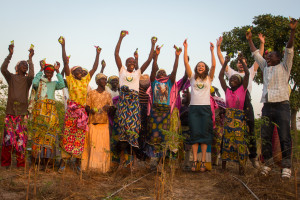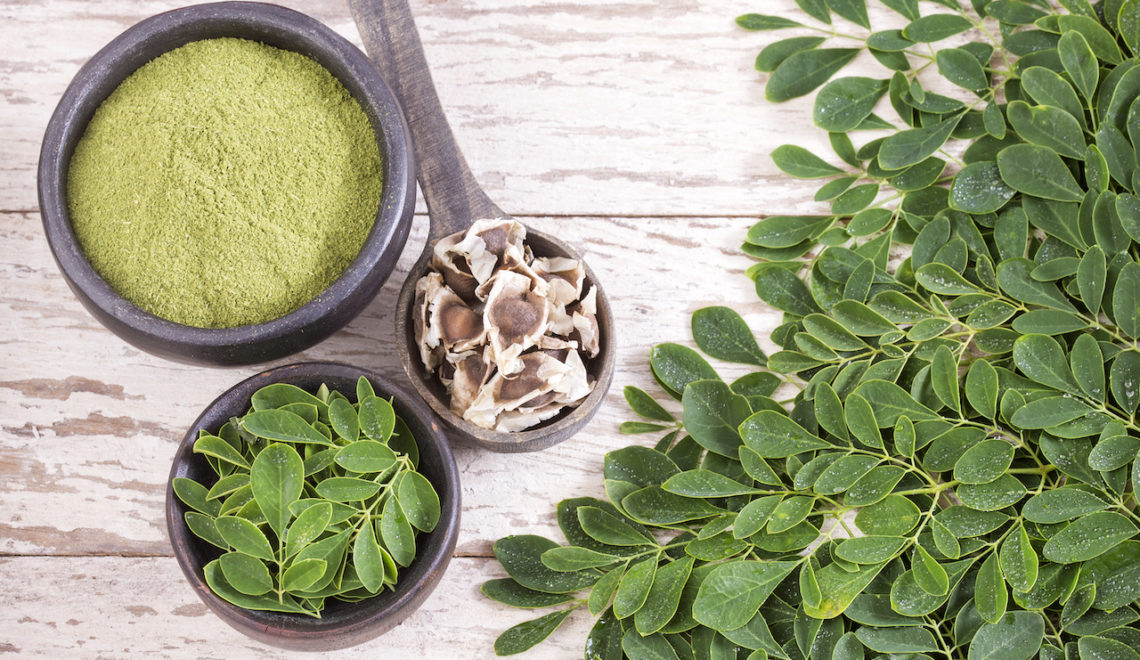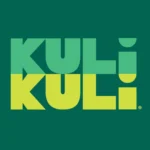
 I’m in the business of taking the most nutrient-rich plant in Africa out of the continent and selling it in the United States. Though you might be imagining a greedy tyrant stealing the nutritious leaves of the Moringa tree away from the starving Africans, my business is doing more to improve nutrition in West Africa than many similarly sized nonprofits with the same mission. And it’s doing it profitably.
I’m in the business of taking the most nutrient-rich plant in Africa out of the continent and selling it in the United States. Though you might be imagining a greedy tyrant stealing the nutritious leaves of the Moringa tree away from the starving Africans, my business is doing more to improve nutrition in West Africa than many similarly sized nonprofits with the same mission. And it’s doing it profitably.
I came up with the idea for my company, Kuli Kuli, while serving in the Peace Corps. I lived in a small, rural village in Niger with no electricity, running water or vegetables. I could live without light switches and flushing toilets but quickly found myself growing weak on a diet of beans, rice and millet. A few of my nurse friends from my village’s health center advised me to start eating leaves from a local tree called Moringa oleifera.
Moringa the Miracle Tree
I mixed the moringa leaves with peanut balls, known as kuli-kuli in the local language, and came up with a snack that I began eating everyday. As my strength returned, I researched moringa and realized I had stumbled upon a miracle tree. I believe in science, not miracles, but there is no other way for me to describe a tree that grows with almost zero water and produces leaves that help combat everything from malnutrition to diabetes.
But much to my dismay, most people in my village didn’t eat the moringa leaves. On the rare occasion when they ate them, they’d often boil the leaves for hours, dumping out the nutrients with the water. At the same time, I spent my days passing out Western-manufactured malnutrition packs at my village health center to hundreds of mothers with severely malnourished babies.
Nonprofits and international development agencies have spent millions of dollars to encourage people across the African continent to grow and use moringa. This is very important work and shouldn’t be discounted. Moringa production has greatly increased across the continent and its nutritional value is beginning to be recognized. But I heard the same disheartening story in village after village that I visited.
“We used to grow moringa.” A nonprofit had encouraged the community to grow moringa, giving them seeds and training on moringa’s many benefits. But there was nowhere to sell the moringa. After a year or two of planting the moringa trees the villagers had lost interest and returned to farming their staple crops.
Bringing Moringa to Market
As I quickly learned, if there was no market to sell the moringa, no one wanted to waste their time growing it. But before I had a chance to work on this problem locally, I was forced to evacuate my Peace Corps service after only seven months, far too little time to implement any moringa project. Upon returning to the US, I realized that I was living in the largest market for superfoods in the world at an estimated $38 billion annually. If I could find a way to channel America’s love of superfoods towards moringa, I could create an international moringa market that would enable thousands of African farmers to earn a sustainable livelihood by growing moringa.
Together with a few amazing friends, I formed a food company in the US to sell sustainably sourced moringa in the form of nutrition bars and smoothie powders in Whole Foods and other natural food stores. Kuli Kuli works with about 500 women farmers in northern Ghana. In partnership with a local nonprofit, Fair Harvest, we’ve planted over 60,000 moringa trees and have helped to educate thousands of people on the best way to utilize moringa in the local cuisine.
A few weeks ago, I was able to finally return to West Africa and meet our women farmers. Perhaps the biggest surprise was how excited they were to meet us. We had heard all about them through our local partners, but they knew nothing about us. We spent a few days getting to know each other and learning about how moringa has positively impacted all of our lives.
It is exciting to be part of a trade relationship that feels like a true partnership. Unlike most aid-based relationships, where a Westerner comes into an African village and clearly holds all the power, we are on equal footing. We need them to grow and harvest the moringa, just as they need us to purchase and sell it. It’s a true win-win.
Maybe money really does grow on trees.










Hi, I am in Mossel Bay(South Africa) and am interested in farming Moringa. My problem is land or rather money to buy it. Is there any way in which your organisation can help me? I am willing to start small and will apreciate whatever assistance you can offer.
I’m in Zimbabwe and have got 5 hectares of idle fertile land and looking for a partner to cultivate moringa. If you are interested Iam ready to go in to the project.
Thank you for your interest. We have very strict sourcing standards. Please provide a detailed inquiry via our contact us page.
Thank you for your interest. We have very strict sourcing standards. Please provide a detailed inquiry via our contact us page.
Hi I am from Nigeria to be precised from Ogbomoso I planted about one hundred stand on my farm but due to nobody to buy its product (seeds) i decided to abandon it. But reading you write-up i will like to go back to it. i have capability to plant up to 1000 stands or more if only you can promise to buy from me or get somebody to buy. Ogbomoso is in Oyo-State. Is about 30miles to ILORIN and about 60miles to IBADAN (my name is OMOTOSO JACOB ADEREMI)
Thank you for your interest. We have very strict sourcing standards. Please provide a detailed inquiry via our contact us page.
Hi; I’ve just started with my moringa project and looking for partner to play a mentorship role, buy or help me sell my products. I have cleared 3 hectares of my 8 hector plot in Pretoria (South Africa), procured 15 000 trees and invested in a modern irrigation system.
I am really interested in the growing of the money tree.
Just wish to make sure that I get the market when I produce.
Could I, please, get some assurance from your company?
I am in Cameroon.
Hi Ernest, thank you for reaching out to the Kuli Kuli team. We are not currently seeking any new moringa suppliers at this time. We wish you wellness in your moringa journey!